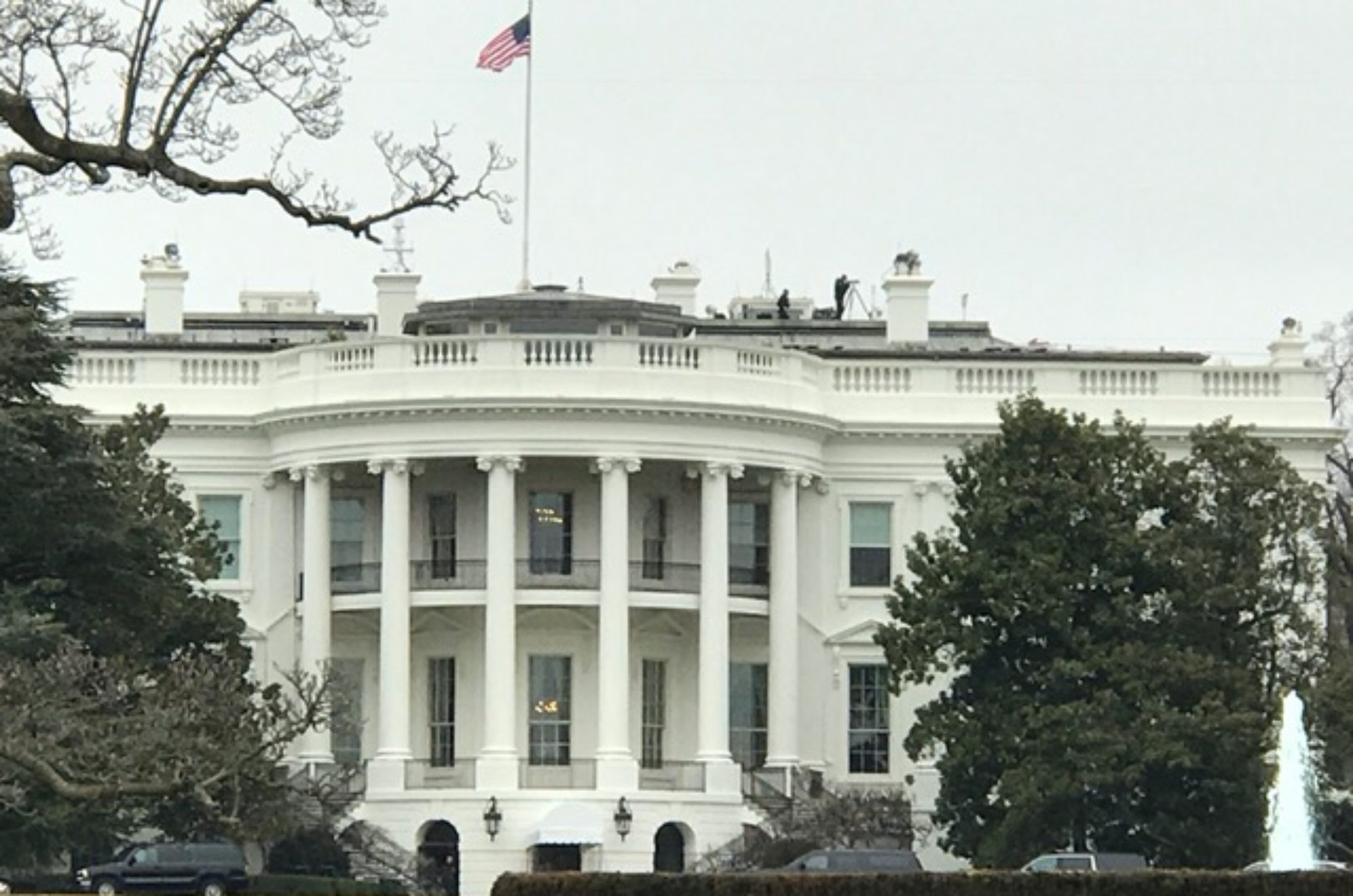World Media North America Editor Kate Burrows-Jones updated
“SEE YOU IN COURT THE SECURITY OF OUR NATION IS AT STAKE.” tweeted the President after Judges ( justices) Clifton, Canby and Friedland of the 9th Circuit Court of Appeals unanimously ruled to allow the Seattle District Court’s Temporary Restraining Order (TRO) against Mr. Trump’s Executive order to remain in place. The Court will allow the ordinary appeal process to continue in the lower courts.

Their purpose was to evaluate the likelihood of success of the case. They are not called to try the case. Their role was to decide if the Executive order should stay in place in the meantime or to uphold the TRO until the appeal case is heard in court.
In its decision, the Court ruled entirely for the Plaintiff.
The 9th Circuit Court had two main points. They felt that the Government had failed on Due Process, by not giving adequate time to respond to the order. They also determined that the States had a likelihood of a positive outcome on the claim that Executive Order violated both the Establishment and Equal Protection Clauses, “because it was intended to disfavor Muslims. In support of this argument, the States have offered evidence of numerous statements by the President about his intent to implement a “Muslim ban” as well as evidence they claim suggests that the Executive Order was intended to be that ban, including sections 5(b) and 5(e) of the Order.”
“We emphasize, however, that our analysis is a preliminary one. We are tasked here with deciding only whether the Government has made a strong showing of its likely success in this appeal and whether the district court’s TRO should be stayed in light of the relative hardships and the public interest. The Government has not shown that it is likely to succeed on appeal on its arguments about, at least, the States’ Due Process Clause claim, and we also note the serious nature of the allegations the States have raised with respect to their religious discrimination claims. We express no view as to any of the States’ other claims.”
The Executive order was not entirely restrained. The nationally restrained sections are 3(c) 5(a) 5(b) 5(c), and 5(e). The Western District Court of Washington roundly rejected prioritizing refugee claims of certain religious minorities. The Syrian refugee program is reinstated. All major elements of the order are restrained but the government may revise its screening process.
3(c) Suspension of Issuance of Visas and Other Immigration Benefits to Nationals of Countries of Particular Concern.
5 Realignment of the U.S. Refugee Admissions Program for Fiscal Year 2017.
5(a) The Secretary of State shall suspend the U.S. Refugee Admissions Program (USRAP) for 120 days.
5(b)Upon the resumption of USRAP admissions, the Secretary of State, in consultation with the Secretary of Homeland Security, is further directed to make changes, to the extent permitted by law, to prioritize refugee claims made by individuals on the basis of religious-based persecution, provided that the religion of the individual is a minority religion in the individual’s country of nationality.
5(c)Pursuant to section 212(f) of the INA, 8 U.S.C. 1182(f), I hereby proclaim that the entry of nationals of Syria as refugees is detrimental to the interests of the United States and thus suspend any such entry until such time as I have determined that sufficient changes have been made to the USRAP to ensure that admission of Syrian refugees is consistent with the national interest.
5(e) tSecretaries of State and Homeland Security may jointly determine to admit individuals to the United States as refugees on a case-by-case basis, in their discretion, but only so long as they determine that the admission of such individuals as refugees is in the national interest — including when the person is a religious minority in his country of nationality facing religious persecution, when admitting the person would enable the United States to conform its conduct to a preexisting international agreement, or when the person is already in transit and denying admission would cause undue hardship — and it would not pose a risk to the security or welfare of the United States.
The lower court does not normally grant a TRO unless the courts believe that the plaintiff has an exceedingly strong case. The hearing is not yet set.
The Judges have been receiving additional security while ruling on President Trump’s Travel Ban executive order. Law enforcement and US Marshals have stepped up security after threats. CNN reporting on the security issues also reported on President Trump’s comments about the court and potential impact on their security.
President Trump’s own Supreme Court nominee, Neil Gorsuch, speaking generally, said it was “disheartening and demoralizing,” to hear criticism of the courts. Jeff Sessions, the newly appointed Attorney General defended the travel ban.
Sean Spicer, Trump’s Communications Director and Press Secretary in a press conference today, defended the President, “Part of the reason the President got elected is because he speaks his mind. He’s not going to sit back when he feels very passionately about something as much as the Executive order. He was doing it to keep America safe. The order, the U.S. Code is crystal clear on this.”
Arguments were heard in an emergency motion, by the 9th Circuit Court of Appeals whether to uphold or turn a lower court decision by Seattle Federal District Court Judge (Justice) James Robart which had previously placed a restraining order against President Donald J. Trump’s Executive order banning travel from seven countries. Judges ( justices) Clifton, Canby and Friedland presided by telephone and were Live-streamed to the public in a conference call with the Government’s Special Counsel for the Department of Justice, August Flentje, and the plaintiff, Noah Purcell, Solicitor General for the State of Washington in the case of State of Washington and State of Minnesota v. Trump.
